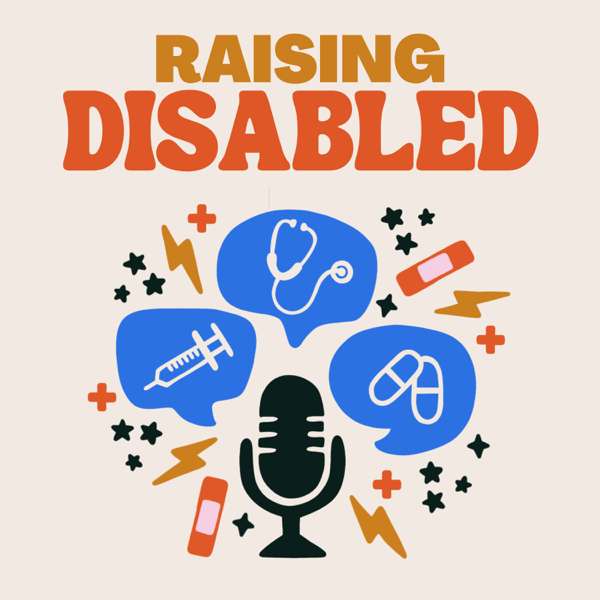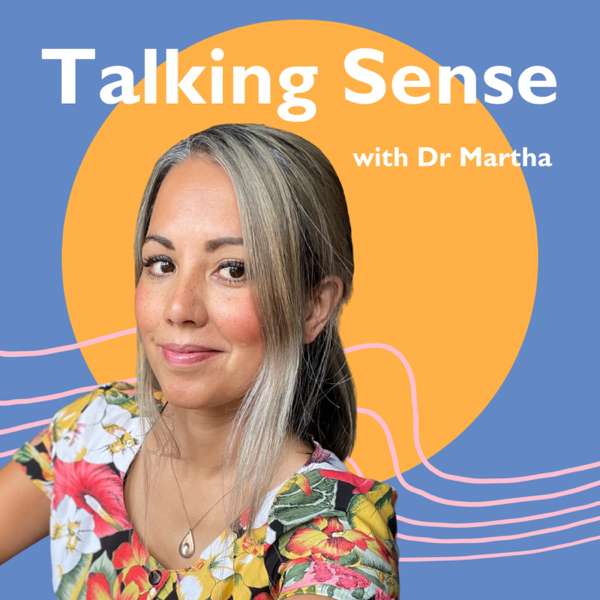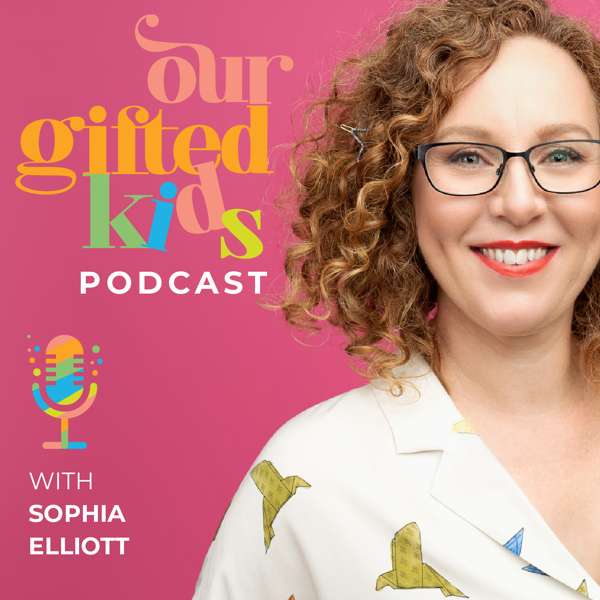In this special episode, AnnMarie Murphy, occupational therapist at Great Kids Place, invites our community to join a meaningful mission: Take Time to Play.
This episode honors the life, work, and enduring legacy of Michele Parkins—visionary founder of Great Kids Place, devoted mother and wife, mentor, and passionate clinician whose life’s work was rooted in sensory-emotional engagement, relationships, and the transformative power of play.
Through reflection and remembrance, AnnMarie shares how Michele’s joy, connection, and belief in play shaped thousands of children, families, and therapists over the last decade. From laughter echoing through the gym to the deep relationships formed within the walls of GKP, this episode celebrates the heart and soul of what Michele built—and how her legacy continues to guide us forward.
Listeners are invited to participate in Take Time to Play Day, officially proclaimed by the mayor of Michele’s hometown and celebrated annually on December 22nd, Michele’s birthday. This day is a reminder to pause, connect, and intentionally engage in play—whether through something familiar you love or by bravely trying something new.
Take Time to Play Day – December 22
Take Time to Play Day honors Michele’s extraordinary life, her profound impact on our community, and her enduring legacy of using play and human connection as powerful, healing forces.
We invite you to carry Michele’s legacy forward by intentionally making time to play—alone or with others—and by seeing the world through the sensory-emotional lens she so beautifully shared with us all.
Join our community!
@TheSensoryEmotional_OT on Instagram
@GreatKidsPlace on Instagram & Facebook
Visit our Learning Center
We know that sensory-motor experiences play a significant role in a child’s daily life and emotional well-being. Using playful interactions, The Sensory Emotional Center of Learning is designed to bring our therapeutic model, the Sensory Emotional EngageMent Frame of Reference, into your home or work.
https://www.sensoryemotionalcenteroflearning.com
Want more resources? Please visit our blog: https://greatkidsplace.com/category/blog/
and https://sensoryemotional.org/
About
AnnMarie Murphy, OTD, OT/L, PNAP
Occupational Therapist, Great Kids Place
Co-Director, Sensory-motor Emotional EngageMent
AnnMarie is an Occupational Therapist and Assistant Professor at FDU, where she teaches mental health, neuroscience, and interprofessional education. She holds a doctoral degree in occupational therapy, specializes in the evaluation and treatment of Sensory Processing Disorder, and is a fellow of Michele Parkins, MS, OTR/L, IMH-E.
Her background also includes a degree in Psychology, supporting her focus on social-emotional development, parent stress, and family dynamics.
A Tribute to Michele Parkins, MS, OTR/L, IMH-E®
Founder, Great Kids Place and the Sensory-motor Emotional EngageMent Frame of Reference
Michele Parkins dedicated her life to supporting children and families with sensory processing and social-emotional challenges. As both a professional and a parent of two sensory children, she combined expertise with deep personal understanding.
Passionate about empowering families and mentoring therapists, Michele taught internationally, consulted with schools, and co-authored a chapter in the 3rd edition of Sensory Integration: Theory and Practice, the leading textbook in the field. At the time of her passing, she was writing books to help families recognize their Sensory Emotional Personality styles and discover strength and joy within them.
Though gone too soon, Michele’s legacy endures in the lives she touched, the community she built, and the vision she entrusted us to carry forward.

 Our TOPPODCAST Picks
Our TOPPODCAST Picks  Stay Connected
Stay Connected







